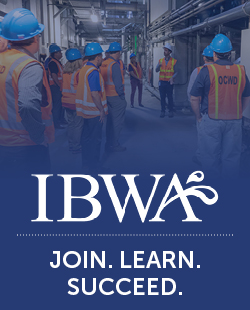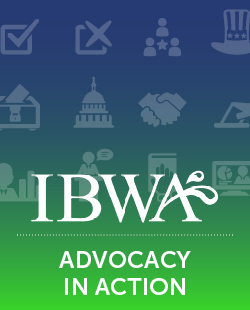FDA Bottled Water Regulations
FDA Bottled Water Regulations
By federal law, the U.S. Food and Drug Administration (FDA) regulations governing the safety and quality of bottled water must be at least as stringent as the Environmental Protection Agency (EPA) regulations that govern tap water. And, in some cases, FDA’s bottled water regulations are more stringent.
Here are the facts about the regulation of bottled water:
-
- At the federal level, bottled water must comply with the Federal Food, Drug, and Cosmetic Act (FFDCA) (21 U.S.C. §§ 301 et seq.) and several parts of Title 21 of the Code of Federal Regulations. Section 410 of FFDCA requires that FDA’s bottled water regulations be as stringent and as protective of the public health as the EPA’s tap water standards.
- At the federal level, bottled water must comply with the Federal Food, Drug, and Cosmetic Act (FFDCA) (21 U.S.C. §§ 301 et seq.) and several parts of Title 21 of the Code of Federal Regulations. Section 410 of FFDCA requires that FDA’s bottled water regulations be as stringent and as protective of the public health as the EPA’s tap water standards.
-
- FDA has issued comprehensive bottled water Standards of Identity, which provide uniform requirements and definitions for the following bottled water classifications: drinking, artesian, groundwater, distilled, deionized, reverse osmosis, mineral, purified, sparkling, spring, and well water (21 C.F.R. § 165.110 (a)).
-
- Standards of identity are the mandatory, federally set requirements that determine what a food product must contain to be marketed under a certain name in interstate commerce.
-
- FDA has also established bottled water Standards of Quality for more than 90 substances (21 C.F.R. § 165.110 (b)). Most FDA bottled water quality standards are the same as EPA’s maximum contaminant levels (MCL) for tap water systems. The few differences are usually the results of the substance not being found in bottled water or the substance is regulated under another provision of law such as FDA’s food additives program.
-
- Regulation of bottled water is managed through the FDA’s Center for Food Safety and Applied Nutrition, located in College Park, Maryland. Enforcement and inspections are coordinated through the FDA’s state and regional field offices. Additionally, the health and safety departments of all 50 states and the District of Columbia regulate the bottled water industry at the state level. In fact, regulatory oversight is such an important issue that during inspection and enforcement activities, state regulatory authorities act with the full federal legal authority of the FDA.





